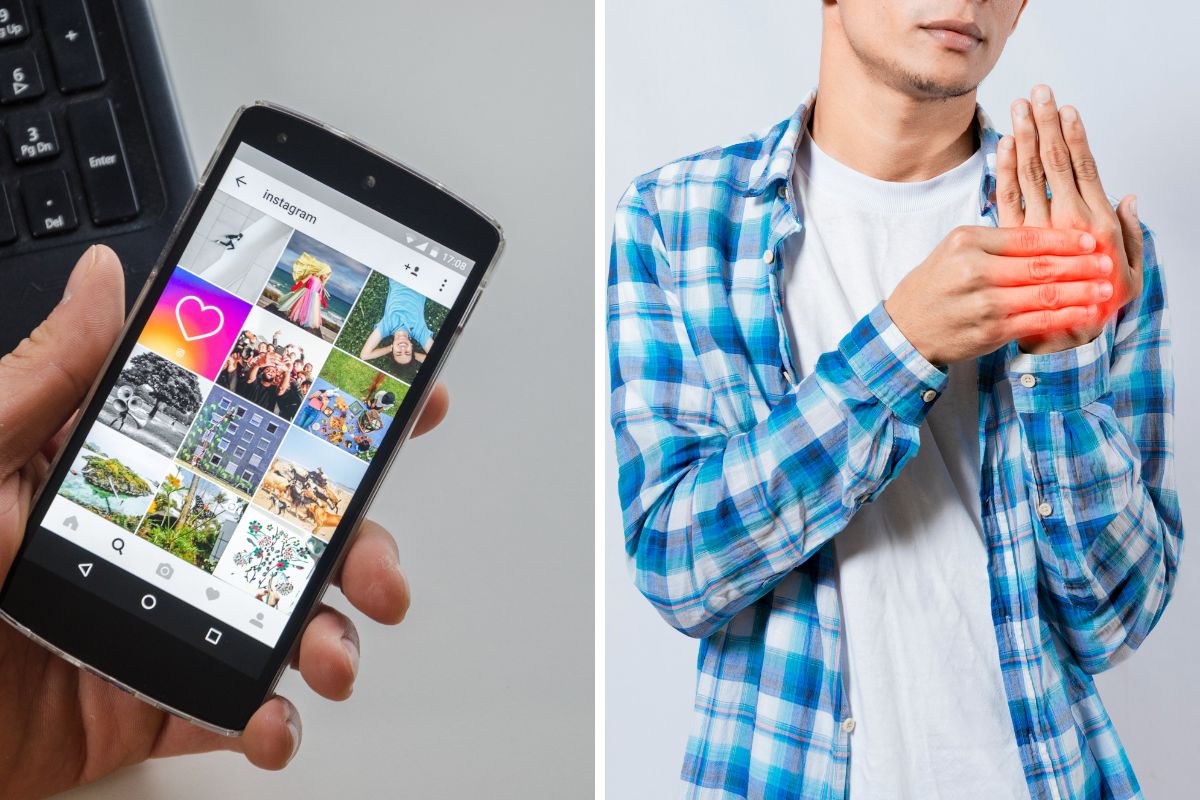In the past few years, we’ve seen social media drastically change our lives. It has allowed us to connect with millions of people and given us a platform to share our experiences with the rest of the world.
Although we’re allowed to say whatever we like on the internet, it’s still crucial to be cautious of what you post online. This is especially true if you’re involved in an ongoing personal injury claim.
If you want to know how social media shapes the outcome of your claim, you’ve come to the right place. In this blog, we’ll explore how social media adds another layer of complexity to today’s legal proceedings.
How Lawyers Use Social Media in Personal Injury Claims
Truthfully, social media is like a double-edged sword in litigation. There have been plenty of instances where social media has helped victims get the justice they deserve through petitions and appeals. But there have also been occasions where it did the exact opposite.
To better understand how seemingly harmless posts could harm you, you need to understand how lawyers use social media platforms in legal procedures. Here are a few examples:
Some lawyers will check your social media accounts for contradicting posts. If you claim that you are experiencing chronic pain, but you recently checked in at your local yoga studio through Facebook, they can use that post to challenge your claims.
If they can’t find you online, they can request information to figure out your online screen names. Once they have your screen name, they’ll start combing through chat rooms, discussion forums, and other platforms for incriminating information to use against you.
These examples barely scratch the surface. There are plenty of other strategies lawyers can use to invalidate your claims. With this in mind, it’s important that you learn how to manage your online activities during this difficult time.
Social Media Do’s And Don’ts For Personal Injury Victims
Here’s what you should and shouldn’t do when pursuing a personal injury claim:
Do: Keep Your Accounts Private
The first thing you need to do when you start pursuing a personal injury claim is to set all of your social media accounts to private. If your accounts are open to the general public, the at-fault party’s lawyers can look into them and use any of your posts as evidence.
Can they still access your social media accounts if you’ve made them private? Yes, they can. Lawyers have the option to submit a subpoena to social media platforms and ask for your private information if necessary.
Don’t: Discuss Your Claim Online
Since lawyers can still access your social media accounts, it is best to avoid discussing your claim online altogether. Any post you make about your case or the legal proceedings could be taken out of context or misinterpreted.
All the important information surrounding your claim should stay between you and your lawyer.
Do: Tell Your Friends & Family to Avoid Tagging You in Photos & Posts
Getting tagged in photos posted by your friends and family is just as dangerous as posting on your page.
Once you start negotiating your claim, tell your loved ones to avoid mentioning you or your case online. It would be best if they avoid tagging you on photos and other posts on social media platforms.
If you’re having a difficult time doing this, you can also modify your account so that you can review all of your tagged photos or posts before they get published on your page.
Lawyers can still use your tagged photos and comments as evidence. Aside from this, being tagged in a photo exposes your private account to a wider audience, which puts you in an even more vulnerable position.
Don’t: Delete Anything On Your Social Media Accounts
You may be tempted to delete photos or comments on your social media account, but this strategy could do more harm than good to your claim.
After you file your personal injury claim, you can no longer delete or archive posts you’ve made on social media. The National Law Review says “cleaning” your social media account could be interpreted as destroying or altering evidence relevant to the claim, which can be considered a crime.
Do: Talk To Your Personal Injury Lawyer
If you have a few posts that could harm your claim, you need to share them with your personal injury lawyer immediately. Being up-front with your lawyer will prevent you from being blindsided by evidence during negotiations.
Keep in mind that your personal injury attorney is working with you, not against you. Like you, they want an outcome that honors your rights and recognizes the true value of your injuries.
Don’t: Share Updates About Your Health
Posts about your health and overall well-being can be used to reduce your settlement amount.
Insurance adjusters could argue that you’re injuries are not as severe as you claim them to be. They could point to a Facebook comment you made saying that you have been doing better since the car accident.
Again, anything you say online could be misinterpreted and twisted to fit the at-fault party’s interests.
Do: Consider Deactivating Your Social Media Accounts
While deactivating your social media accounts can be challenging, think of all the rules you must follow to make a single post.
There’s no denying that some of the dos and don’ts we’ve mentioned can be difficult to follow. So, if it’s too much work for you, consider deactivating your social media accounts until your claim is settled.
By deactivating your account, you no longer have to monitor every move you make online. Additionally, it eliminates the risk of being tagged in photos or posts that could invalidate your claim.
Bottomline
In today’s digital age, online activities can speak louder than words. Everything you share on the internet can change the course of your personal injury claim. With this in mind, it’s important that you stay cautious of what you post on social media.
By following these do’s and don’ts, you can protect your rights and preserve the integrity of your claim.











